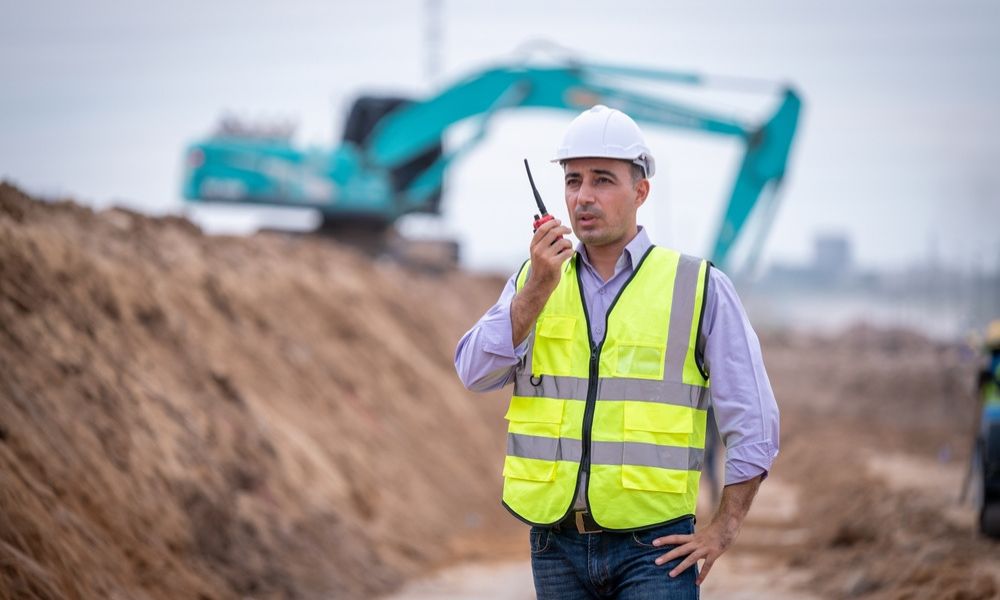When embarking on complex residential projects, quantity surveying services often become the backbone of ensuring the project’s financial feasibility and success. From planning to completion, quantity surveyors play a critical role in managing costs, budgeting, and ensuring that a construction project runs smoothly without unnecessary delays or financial surprises. In this blog, we will explore why quantity surveying services are essential for complex residential projects and how they can benefit both homeowners and developers.

What Is Quantity Surveying?
Quantity surveying is a specialized profession in the construction industry that involves managing and controlling all costs related to building projects. Quantity surveyors (QS) are responsible for ensuring that the project remains within budget while meeting the required quality and performance standards. They prepare cost estimates, manage contracts, and assess financial risks.
For complex residential projects, quantity surveying services become even more vital due to the multifaceted nature of these developments. With many variables to consider—such as varying architectural designs, intricate building materials, regulatory compliance, and labor costs—accurate budgeting and cost control are indispensable.
Accurate Cost Estimation
One of the primary roles of a quantity surveyor in complex residential projects is cost estimation. This is a crucial aspect because the accuracy of the cost estimate will dictate whether the project remains financially viable from start to finish.
Quantity surveyors use their expertise to prepare detailed estimates that cover every aspect of the project. This includes labor, materials, plant hire, and other direct and indirect costs. By providing accurate cost projections from the outset, they help developers avoid budget overruns that can delay or halt projects altogether.
For homeowners, particularly those building high-end custom homes or embarking on renovations with multiple moving parts, having an accurate cost estimate from a professional QS gives peace of mind. It ensures that you know exactly what you are getting into financially before the project begins.
Budget Management and Cost Control
Effective budget management is essential in any construction project, especially in complex residential developments where costs can easily spiral out of control. Quantity surveyors monitor and manage the project budget throughout every stage, ensuring that costs remain aligned with the initial estimate and project goals.
By identifying potential cost overruns early, quantity surveyors can provide recommendations to mitigate them, such as sourcing alternative materials or adjusting the project timeline. Their role in cost control is essential to keeping the project on track, particularly when unexpected expenses arise due to design changes, material price fluctuations, or unforeseen complications.
For example, in complex residential developments like multi-story luxury apartments or sprawling suburban housing complexes, unexpected design or construction challenges can emerge. A quantity surveyor will track these changes and update the budget accordingly to ensure that any extra costs are accounted for without derailing the entire project.
Contract Management
Contracts are an essential component of any construction project, serving as legal agreements between various stakeholders, including contractors, subcontractors, suppliers, and clients. Quantity surveyors are experts in drafting, negotiating, and managing these contracts, ensuring that all parties understand their obligations and that potential disputes are avoided.
In complex residential projects, where multiple contractors and suppliers are involved, a quantity surveyor ensures that contracts are well-defined, fair, and legally sound. This minimizes the risk of misunderstandings or conflicts, which could delay the project or lead to costly litigation. They also keep track of contract payments, ensuring that payments are made on time, which helps maintain healthy relationships between all parties involved.
Mitigating Financial Risks
Complex residential projects are fraught with financial risks, from fluctuating material costs to unforeseen site conditions. Quantity surveyors play a pivotal role in identifying, assessing, and mitigating these risks.
One key area where QS services are invaluable is in risk management. They assess potential risks, such as market fluctuations, regulatory changes, or delays, and develop strategies to minimize their impact. This may involve building contingencies into the budget, negotiating fixed-price contracts with suppliers, or creating alternative plans to deal with potential delays.
Moreover, quantity surveyors also ensure that the project adheres to any legal and financial regulations, such as building codes and safety standards. By doing so, they prevent costly fines or delays that could derail the project.
Value Engineering
In complex residential projects, the concept of value engineering comes into play. Value engineering is a systematic approach to optimizing the project’s value by improving functionality while reducing costs. Quantity surveyors analyze different aspects of the project to identify areas where cost savings can be achieved without compromising quality or design.
For instance, a QS might recommend alternative materials that offer similar performance but at a lower cost. Alternatively, they might suggest design adjustments that can lead to cost savings in construction or future maintenance. Value engineering helps developers maximize their investment by finding ways to make the project more cost-effective without cutting corners.
Feasibility Studies and Financial Planning
Before any construction begins, a feasibility study is conducted to determine if the project is viable. Quantity surveyors play a crucial role in this phase, as they provide detailed cost assessments, analyze potential risks, and evaluate the project’s overall financial viability.
For complex residential projects, a QS’s involvement in feasibility studies is essential because these developments often involve substantial investments. Their financial planning services ensure that the project is realistic in terms of budget and timelines, reducing the likelihood of costly delays or abandoned projects.
Compliance with Local Regulations
In complex residential projects, adhering to local building codes, zoning laws, and environmental regulations is non-negotiable. Quantity surveyors help navigate these regulatory landscapes by ensuring that the project complies with all necessary legal requirements.
Non-compliance with local regulations can result in fines, delays, or even legal action. Quantity surveyors work closely with architects, contractors, and local authorities to ensure that all aspects of the project are up to code. This not only avoids costly penalties but also ensures that the project can proceed smoothly without any legal hiccups.
Facilitating Sustainable Construction Practices
Sustainability is becoming increasingly important in residential construction. Many homeowners and developers are looking for ways to reduce the environmental impact of their projects, whether through energy-efficient designs, sustainable materials, or green building certifications.
Quantity surveyors can facilitate sustainable construction practices by providing advice on cost-effective ways to incorporate green building elements. They help clients make informed decisions about materials and construction methods that meet sustainability goals without exceeding the budget.
For example, they may suggest the use of eco-friendly materials, energy-efficient systems, or designs that reduce waste and minimize the carbon footprint of the project. By balancing sustainability with cost considerations, quantity surveyors play a key role in promoting environmentally responsible construction practices.
Ensuring Project Completion on Time and Within Budget
One of the most critical aspects of any construction project is ensuring that it is completed on time and within the allocated budget. Quantity surveyors are experts in managing timelines and costs, helping to ensure that the project stays on track.
In complex residential projects, delays can lead to significant financial losses, especially if the property is intended for sale or rental upon completion. A quantity surveyor helps minimize the risk of delays by closely monitoring progress, managing contractor performance, and ensuring that all parties meet their contractual obligations. By keeping the project on schedule and within budget, they help protect the financial interests of the developer or homeowner.
Conclusion
Quantity surveying services are essential for complex residential projects because they provide the expertise needed to manage costs, mitigate risks, and ensure that the project runs smoothly from start to finish. Whether you are a homeowner building your dream home or a developer overseeing a large-scale residential project, the involvement of a professional quantity surveyor can make all the difference in delivering a successful project on time and within budget.
From cost estimation and budget management to contract administration and risk mitigation, quantity surveyors are invaluable partners in navigating the complexities of residential construction. By ensuring accuracy, controlling costs, and optimizing value, they contribute to the overall success of the project, making them an indispensable part of any complex residential development.




